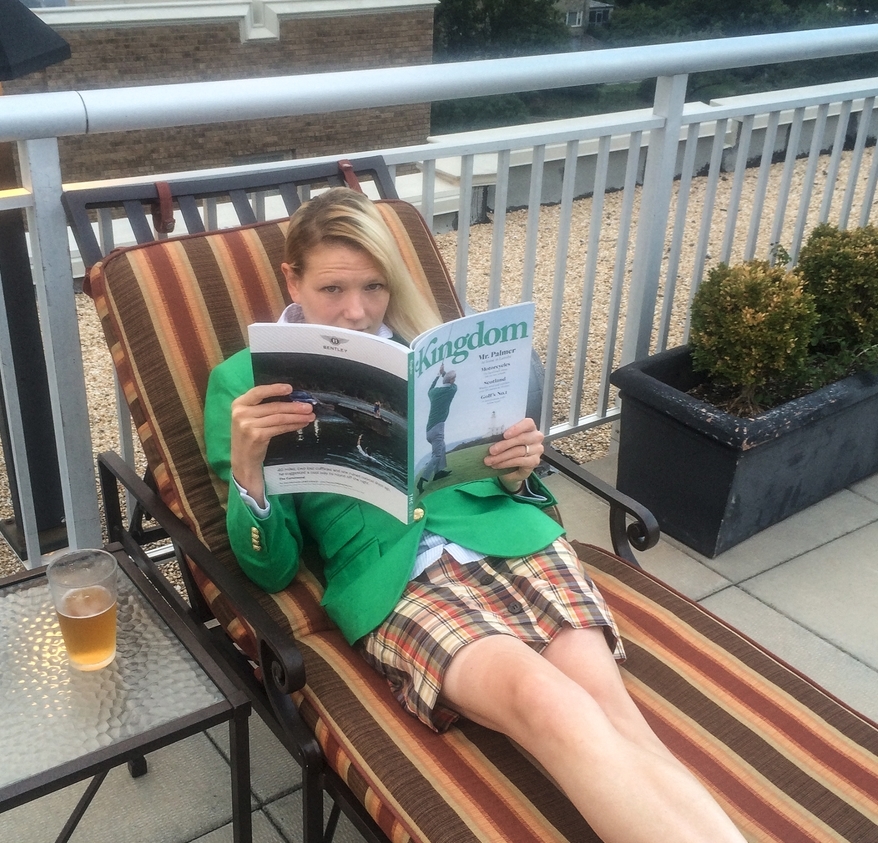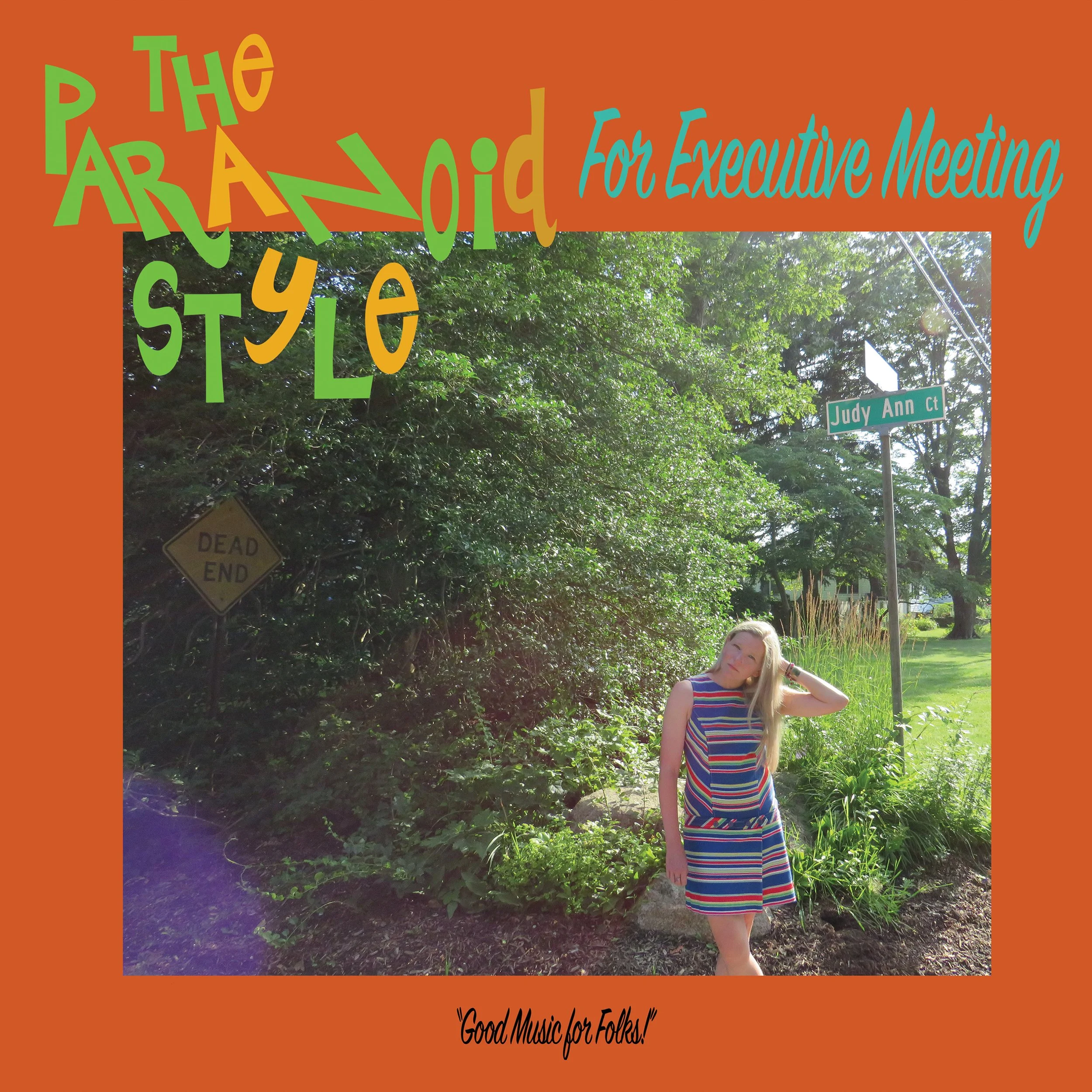The Paranoid Style
-
Dick Hofstadter wrote that the paranoid style in American politics is marked by "movements of suspicious discontent"—convictions that the natural or authentic unfolding of history is subverted by cultural or corporate or catholic conspiracies—that ancient committees or unholy novelties connive to ensure that Things Are Not As They Should Be.
In the Manichaean mind of Hofstadter’s paranoiac, control over this world is vested in a pre-specified enemy who “is a perfect model of malice… sinister, ubiquitous, powerful, cruel, sensual, luxury-loving.” Juxtaposed with our constrained heroes, this Devil is “not caught in the toils of the vast mechanism of history, himself a victim of his past, his desires, his limitations.” Rather “he wills, indeed, he manufactures, the mechanism of history.”
The paranoiac—her faculties addled, ever on the lookout for these Demons greasily fingering the levers of conspiracy—is tragicomic because, of course, Entropy reigns. The Devil is neither red nor scaly; no bifurcated tail, no hayfork. The Devil is the place you end up no matter what you do. Or don’t. The Devil is it didn't matter. The Devil is there’s nobody looking out for you, no ten-year budget window. The Devil is inertia, cold and dumb.
Hofstadter had in mind Goldwater—and by implication and breeding, the Tea Party, too—when he wrote the Paranoid Style. Though we see just as much of the paranoiac’s rage against her own inefficaciousness, projected this time onto Windsor-knotted totems, in the inert gyrations of the Occupiers.
But more than Right and Left, Entropy reserves its heartiest guffaw for the Hofstadters themselves—for the Brylcreemed technocrat Friends of Archimedes who thought if they could stand far enough away, with a big enough lever, they could lift the very Earth from off its foundations and diagram its armature for posterity with a steely detached clinicism. That somehow because they could look upon the abyss they were free of it.
One can imagine the parties, in the vague years between Eisenhower and Reagan, where ordinary people first borrowed, as Hofstadter did, from the DSM, and enunciated terms like “codependence” with skilled labor. Now, the psychobabble is so much a part of the grammar we don’t notice it, but then it must have been so comforting—if only for that transitory disenchanting moment—for self-loathing deviants and hysteric housewives everywhere to expose in medicinal language the causal structure of their most fearsome despairs.
But to have named something is not, as it is sometimes suggested, to have power over it. Indeed, it was the most perverted assumption of the Hofstadters of the world that if the jointure of determinism were laid sufficiently bare, they could find room therein for Free Will. And it’s these very boomer bastards—clueless and compromised and inexorable—who run the world Elizabeth and Tim and You and I stand to inherit. Our Paranoid Style, as opposed to theirs, is provisional and contingent, and contextualized. It is self-delimited, rooted in the small-c conservative conviction that Man is neither perfect nor perfectible—and don’t get us started on Women.
It was incubated in New York, where nobody cares about anything, and birthed in D.C., where everybody cares about Nothing—but it eschews the bipolar, all-or-nothing fight between God and the Devil, in favor of confronting the rabble of lesser deities of deprivation and excess who constitute the pantheon from which our generation poaches their boutique metaphysics a la carte.
And the beauty of lesser gods, as Saul Bellow had it, is you can take their names however you like.
*Available for pre-order now - record out July 13th
Split single with the tracks New American Standard from Wussy and Absolute Cadavers from The Paranoid Style





